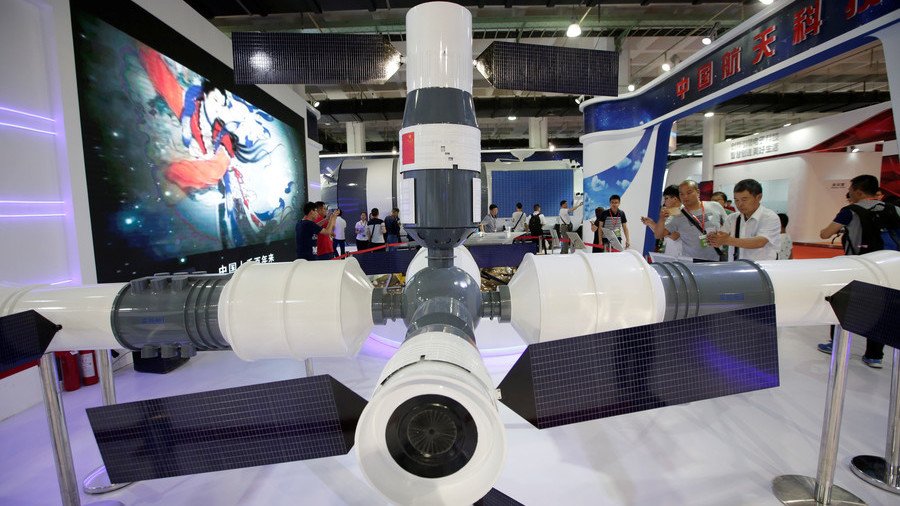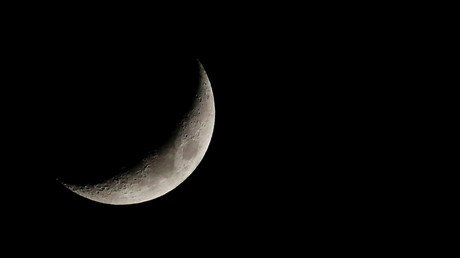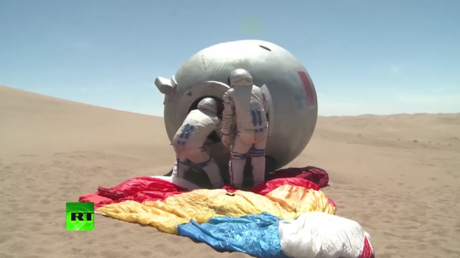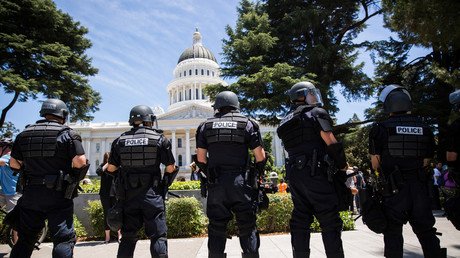Beijing offers 'equal footing' to all nations in developing & utilizing China's space station

China will not exclude any nations who are willing to cooperate and take part in the development of its space station, and it is seeking to accommodate private enterprises for its ambitious cosmic outpost due to go online in 2022.
“All countries, regardless of their size and level of development, can participate in the cooperation on an equal footing,” to utilize the China Space Station (CSS), Shi Zhongjun, the country's Permanent Representative to the United Nations (Vienna), said Monday. “CSS belongs not only to China but also to the world.”
Beijing, which was once barred by the US from using the International Space Station (ISS), is especially keen to help other developing nations expand on their space technology. In addition, the ambassador said, public and private enterprises, as well as academic institutions, are also encouraged to exploit the CSS for their scientific purposes and are welcomed to use the Chinese outpost, which is expected to be launched by 2019.
“Through the vehicle of CSS, we would like to build up a model of sincere mutual beneficial cooperation among countries in the peaceful exploration and use of outer space,” Shi said in Vienna at the ceremony for the Announcement of Opportunity for the United Nations/China Cooperation on the Utilization of the CSS.
After sending the country’s first taikonaut, Yang Liwei, into space in 2003, China has been focusing on developing advanced spaceflight techniques and technologies to assemble and operate a permanent manned space station.
Unlike the International Space Station, which weighs 420 tons, its Chinese counterpart is designed to be much smaller, but it can be expanded if other nations are invited to take part in international space cooperation. Once assembled, the station will initially consist of three parts: a core module attached to two 20-ton space labs. Scheduled to enter into service around 2022, the CSS is designed for an operational life of at least 10 years.
The China National Space Administration (CNSA) aims to have the only operational space station in orbit in the next decade, as the International Space Station (ISS) is set to retire in 2024 unless its lifespan is extended until 2028. Just like the ISS, China’s station will be able to house a maximum of six astronauts simultaneously.
“With the global challenges we all face here on Earth, it is therefore important to foster collaboration and cooperation in the field of space activities,” Simonetta Di Pippo, director of the UN Office for Outer Space Affairs (UNOOSA), noted as she welcomed China's willingness to open the CSS to humanity.
China's cosmic ambitions intensified after US lawmakers barred NASA from cooperating with Beijing in 2011 due to ‘national security’ concerns. To meet their space objectives, China has been actively working with Russia's Roscosmos, as well as other European partners, on several space exploration projects.
In 2017, Roscosmos and the CNSA signed a program of bilateral cooperation for 2018-2022, which includes space garbage monitoring and research on the moon, deep space and satellites, among other issues. This March, the space agencies agreed to expand their cooperation further and create a joint data center for lunar and deep space projects. On Monday, taikonauts completed an intense 19-day harsh terrain training program aimed at preparing the team for future space station missions.
If you like this story, share it with a friend!
















